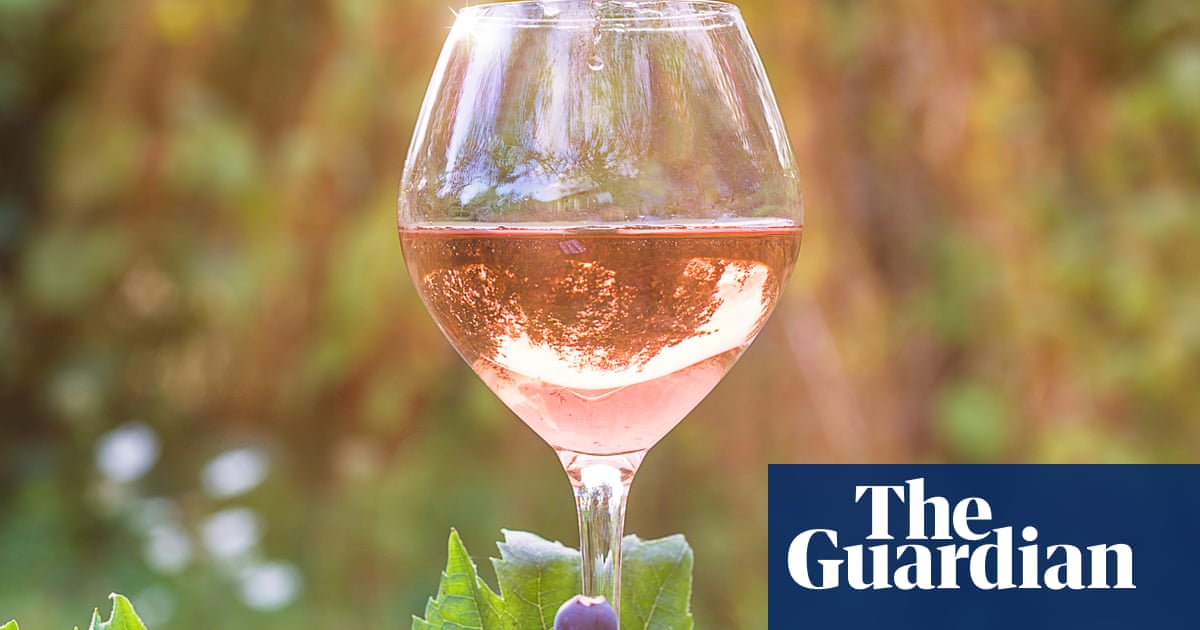
Name: Swimming pool rosé.
Age: The latest thing for summer.
Appearance: The palest hint of pink.
A swimming pool full of wine? Don’t these billionaires have anything better to do with their money? This is not about swimming pools full of rosé; more about rosé fit only to fill a swimming pool.
Bad rosé? I didn’t know there was any other kind. According to traditional makers, there is: the classic rosé made from grapes grown in Provence, rich with notes of fruit and spice, and the perfect accompaniment to Mediterranean food.
And the less good rosé? An inferior product increasingly made in order to capitalise on its rocketing global popularity, and to compensate for a corresponding slump in red wine sales.
What’s the big difference between good rosé and bad rosé? The bad stuff isn’t pink enough.
Really? It’s the colour? Among other things, but the flood of cheap, barely blushing rosé – from Bordeaux and other regions – has convinced the public that paler is better.
But it’s the other way round? Traditional Provençal rosé has a much deeper hue. Provence’s “rosé aristocracy” dismiss anything else as “swimming pool rosé”, on account of its pale colour.
Pink wine must be bigger than I thought. It is for France: its vineyards have captured 32% of the global rosé market, which now accounts for about 10% of the total wine market.
Is this argy-bargy in any way analogous to arguments over the difference between champagne and cheap sparkling wine? Possibly. Champagne sparkles because of a secondary fermentation within the bottle, the result of a slow and laborious process that can take up to six years.
But there are other, cheaper ways to make wines fizzy, including by simply carbonating them.
I see. Of course, even if you subscribe to the traditional method, you can’t call your wine “champagne” if it’s not produced in the specific growing region.
This is more than I wanted to know, actually. And you can’t even call a wine “sparkling” in the EU unless it has an excess pressure of no less than 3 bars (44 psi). Any other questions?
Yes: if you did fill a pool with cheap rosé, would it be safe to swim in it? Why do you want to know?
I’m making plans for my 40th, but it might have to be a paddling pool at this rate. Happy birthday.
Do say: “I like my rosé the way I like my men – beet red and alcoholic.”
Don’t say: “I like my rosé the way I like my men – pale and not terribly interesting.”